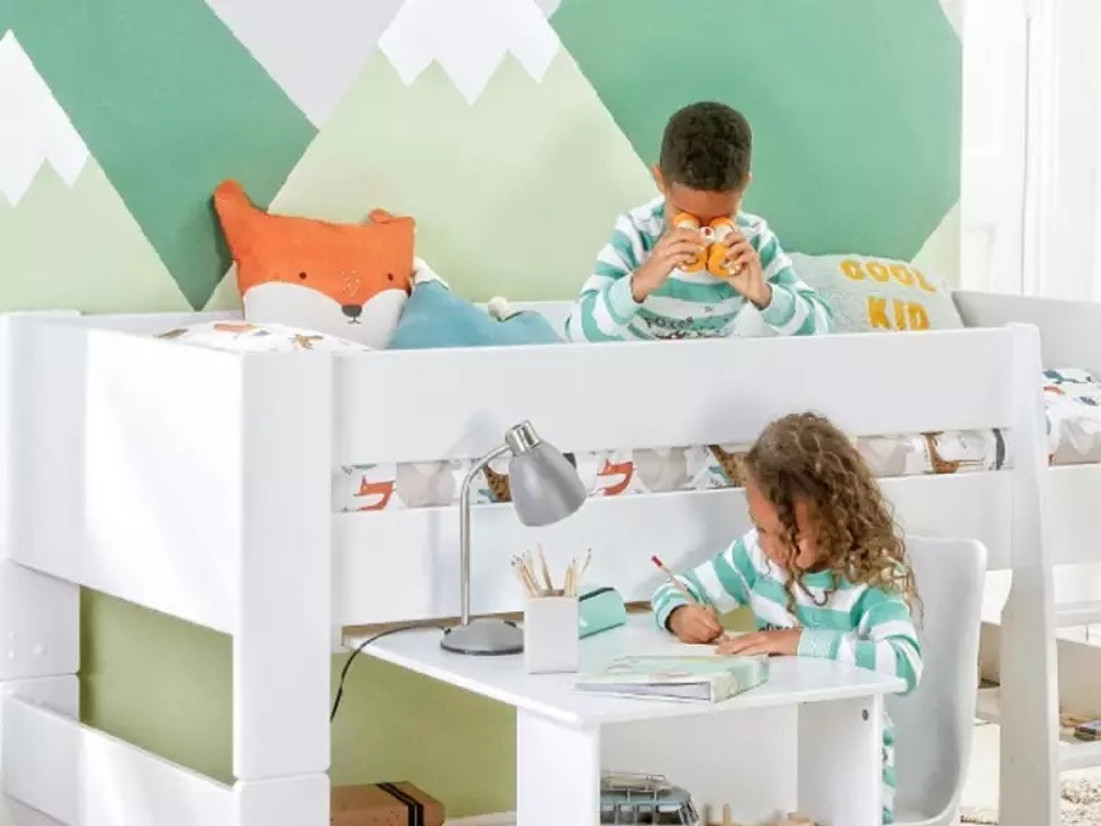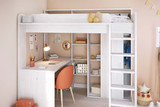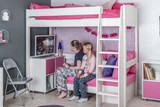At What Age Should Siblings Have Their Own Rooms?
As with many of the questions associated with child-rearing, there is no set answer for everyone. To decide at what age your siblings should have their own rooms, you need to consider several different aspects of their relationship as well as their ages, personalities, and whether they are of the same or opposite sex.
What Age Does A Child Need Their Own Room Legally?
As of 06 October 2021, the UK parliament stated: "There is no age at which it’s unlawful for siblings to share a bedroom, including siblings of opposite sexes." Whilst this is a broad topic, it, of course, depends on the family but experts suggest that children over the age of 10 should have their own bedrooms including siblings and step-siblings.
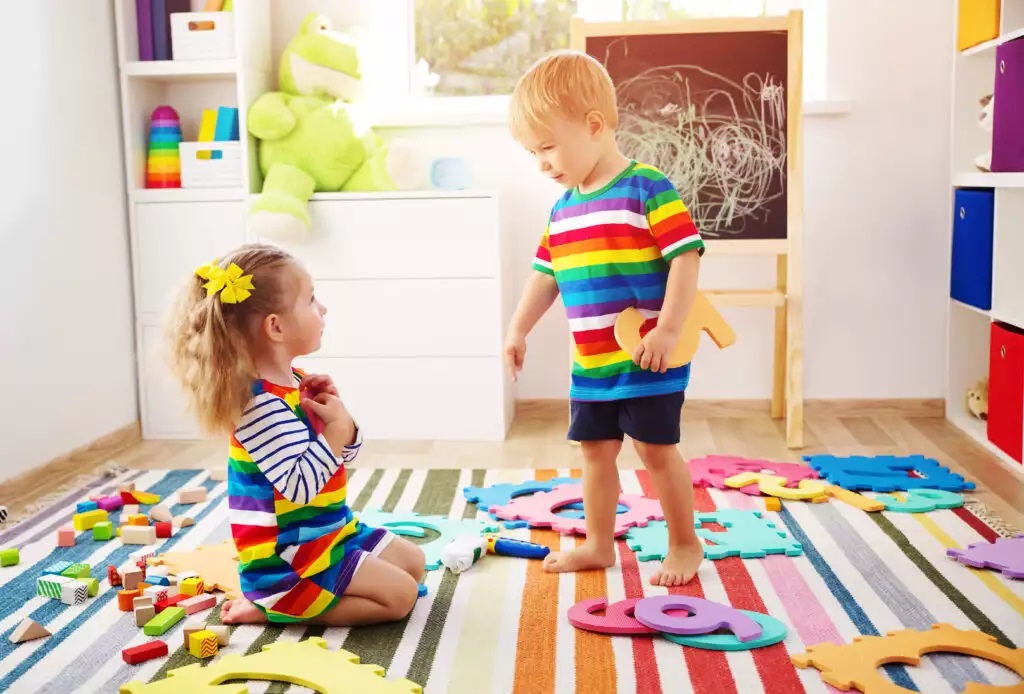
Positives of separate bedrooms
Some common reasons parents give for children having separate bedrooms are:
- Sibling personalities clash.
- Children sleep better when they have their own space.
- Children need a place to call their own.
- They have a child with physical or emotional problems that needs to be alone.
Generally speaking, boys and girls should have separate bedrooms when they reach the age where modesty becomes important. Initially, their need for privacy may be met by changing in separate areas or at different times. However, by the time they reach puberty, the need for privacy and space must be respected and provided.

If children are of the same sex, sharing a room as long as both children are comfortable doing so is just fine. If your children are close and feel comfortable sharing their space and possessions, sharing a room can build a bond that will last a lifetime, so a children's bunk bed may be the perfect option. However, usually one or both of the children will eventually express a desire for their own space. Sharing toys, especially if there is more than a few years difference in age, can cause problems. The older child may not like their younger sibling “messing with their stuff.”
Obstacles of having separate bedrooms
Sometimes siblings resist a move to their own, separate spaces. If this occurs, try one of the following:
- Begin by creating two spaces for your children, one for sleeping and one for playing and other activities.
- If clothes changing is the motivation for separate rooms, try having them change in different rooms or at different times.
Have one or two nights a week – perhaps the entire weekend – be a time for a sibling “sleepover” where they stay in the same room.
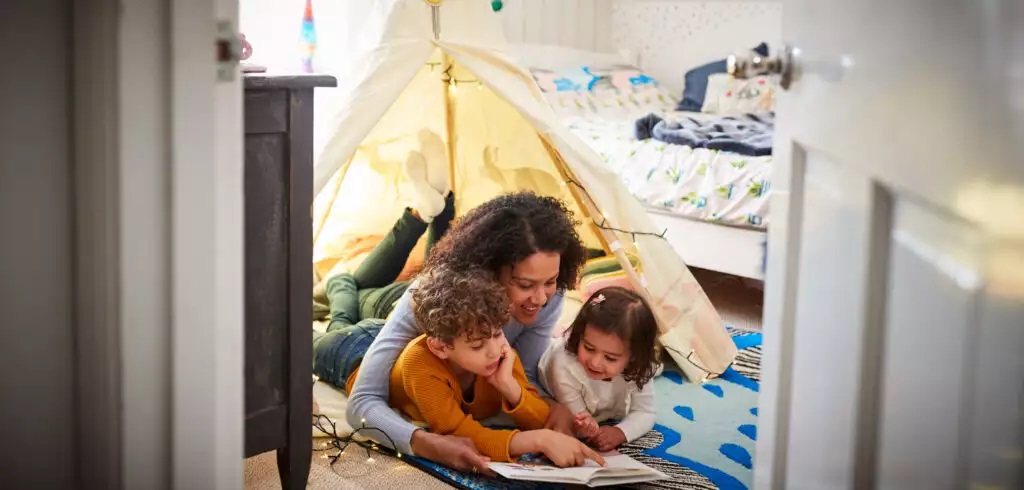
If you do not have the room to separate your children, you can create a specific area for each child to keep their clothes and toys. Alternatively, create a “wall” with floor-to-ceiling bookshelves or a curtain to divide the room into two entirely separate sections. When it is time for your children to have separate rooms:
- Explain to your children the benefits of having their own space.
- Emphasize the need for different bedtimes and privacy.
- Try as much as possible to insure each child has whatever they need for study, play, and entertainment.
- Make each child’s room a special place that reflects their personalities and interests.
Making a decision
Use common sense when deciding if your children should share a room. Observe their behavior with each other. Talk to them occasionally about how they feel about sharing a room. With loving, open communication and awareness of their sibling relationship, you can make a decision with which you and your children will both feel comfortable.
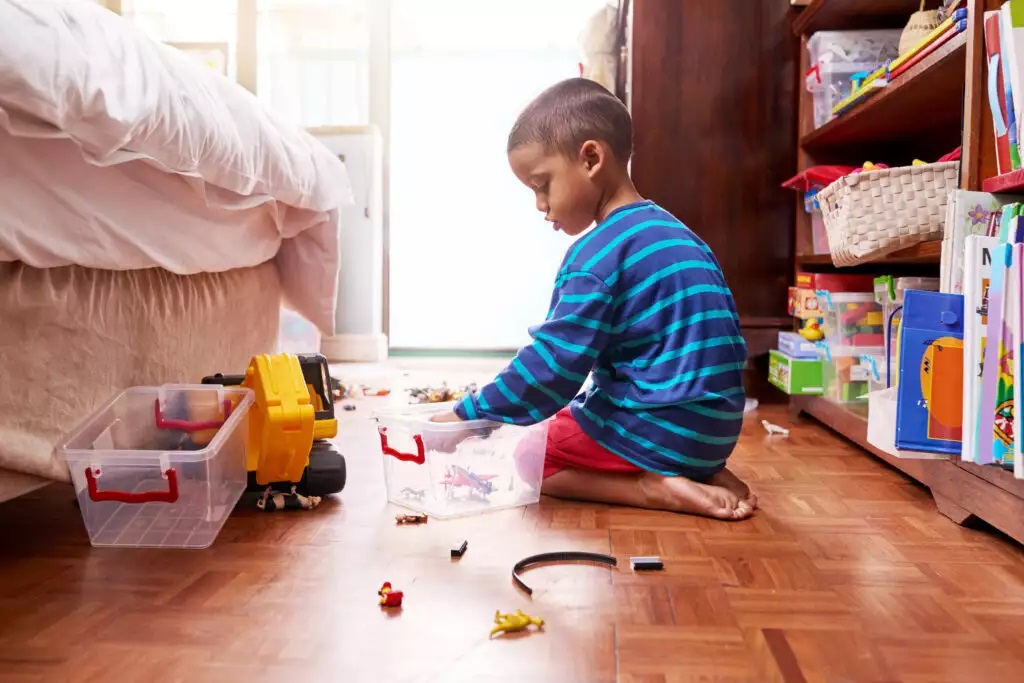
If you're looking for the perfect children's bedroom furniture, make sure you take a look at our great range of kids beds, mattresses and children's storage solutions we have for sale.
Recent Posts
-
Unlocking the Potential of High Sleeper Beds for Teenagers
As teenagers go through all the ups and downs of being a teen, their likes and dislikes change a lot
-
Choosing Between a High Sleeper Bed vs. Mid Sleeper Bed
As your little one grows, so do their needs, and finding the perfect kids’ bed for them becomes







